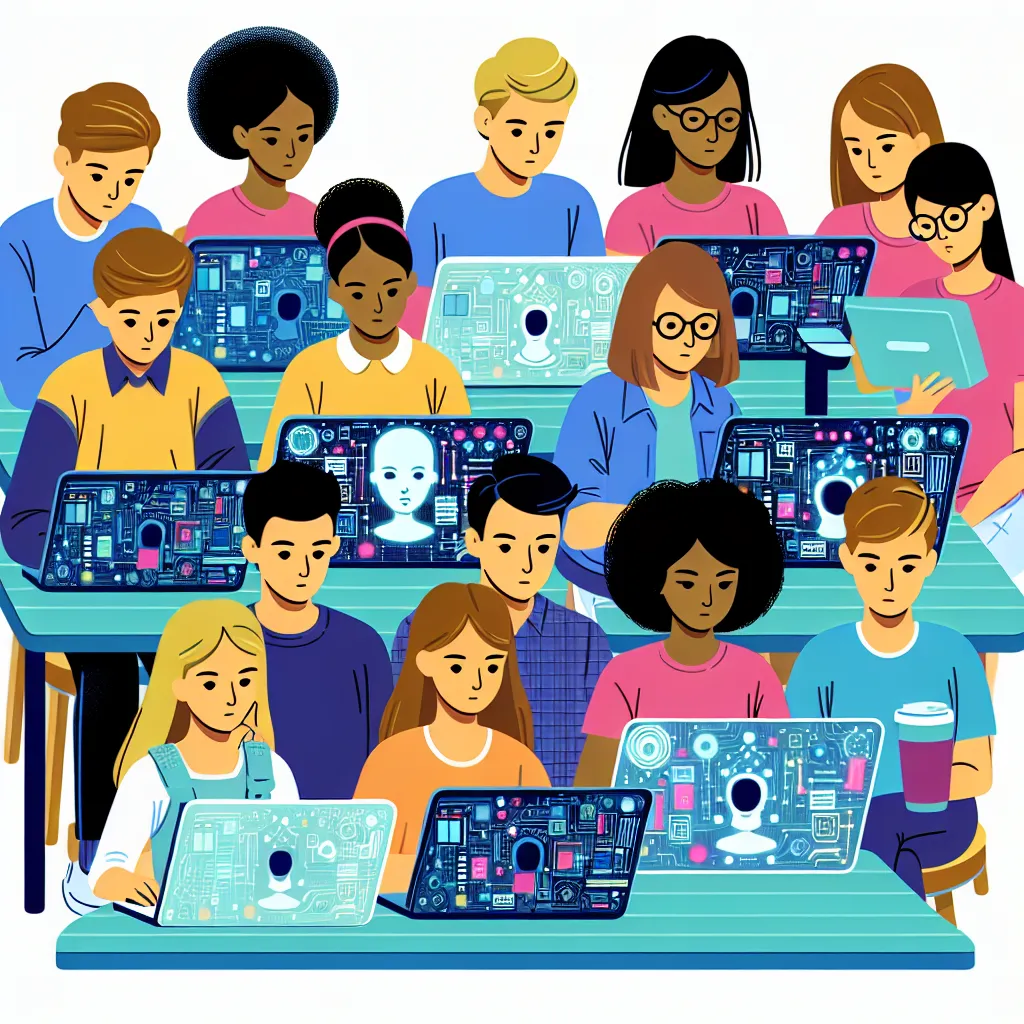Ask AI on The Internet
Question: How will ai-generated content affect journalism?
AI-generated content has the potential to drastically affect journalism by allowing news organizations to produce content more quickly, accurately, and cost-effectively. AI-generated content can help automate certain processes such as fact-checking, accuracy of data, summarizing material, and transforming text into multimedia formats. This can free up resources and allow journalists and editors to focus on more creative and investigative pieces. There are also ethical considerations as AI-generated content may lack diversity and be vulnerable to biases or manipulation. It is important that news organizations carefully consider the implications of using AI-generated content and ensure that it is used responsibly and ethically.
AI-generated content has the potential to significantly impact journalism in several ways, both positively and negatively. Here's a breakdown of some potential effects: 1. **Speed and Efficiency**: AI can rapidly process large volumes of data, enabling quick generation of news articles, summaries, and reports. This can improve the speed at which newsrooms can publish breaking news stories, allowing journalists to focus on analysis and investigative journalism. 2. **Personalization**: AI can analyze user data to tailor content to individual readers' preferences. This allows media outlets to provide personalized news experiences, potentially increasing reader engagement and retention. 3. **Cost Reduction**: Automating routine reporting tasks can reduce costs for news organizations. AI-generated content can free up resources, allowing publishers to allocate more funds towards in-depth reporting and other editorial priorities. 4. **Content Generation and Coverage**: AI can generate content for niche topics or local news areas that may lack dedicated reporters due to budget constraints. This can lead to broader coverage and engagement with underserved communities. 5. **Challenges to Credibility and Accuracy**: There is a risk of AI spreading misinformation or producing content that lacks context and accuracy. Ensuring that AI-generated content adheres to journalistic standards requires careful oversight and implementation of safeguards. 6. **Reduction in Human Jobs**: There are concerns about potential job displacement for journalists, especially those who focus on routine writing tasks. However, AI can also create new opportunities by enabling journalists to focus on more complex stories requiring human expertise. 7. **Fact-Checking and Verification**: AI can assist in fact-checking by cross-referencing information against databases, potentially improving the accuracy of reporting. Nonetheless, human judgment is still crucial in the editorial process. 8. **Opportunities for Innovation**: AI provides opportunities for innovation in storytelling, including the use of interactive and multimedia content. It can also enhance data journalism by visualizing complex datasets and uncovering patterns through analysis. Overall, the integration of AI in journalism brings both opportunities and challenges. It is important for news organizations to use AI ethically and responsibly, maintaining transparency and accuracy while ensuring that human journalists continue to play a vital role in the news production process.
Think your answer is better than the AI's? Post it below.
Other Most Relevant Posts:
Question Tags
If you want your question answered by an AI, click here.







Post your own comment: